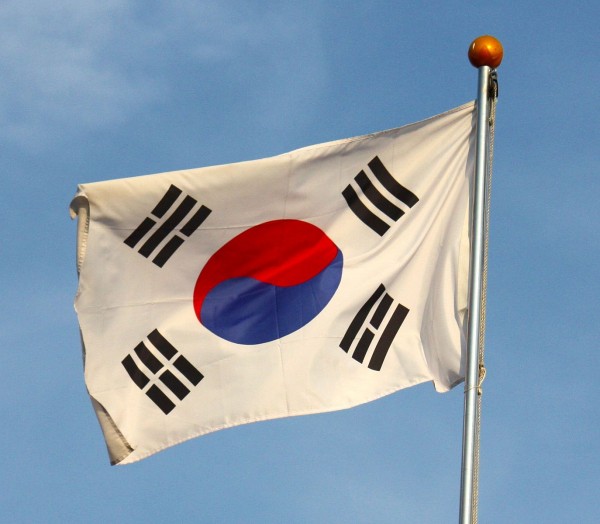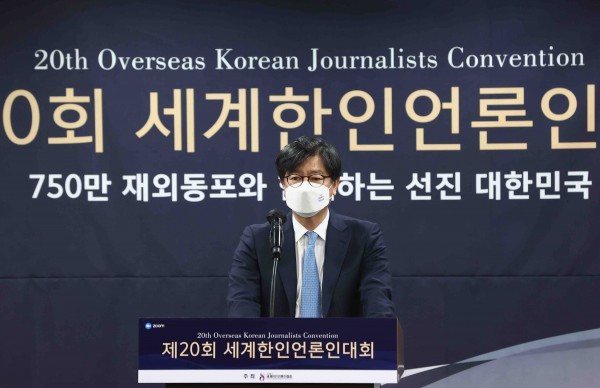The International Press Institute (IPI), the global network of editors, leading journalists and media executives in 120 countries, sent an open letter today to the South Korean President, Roh Moo-hyun, calling on him to refuse to sign into law two media bills.
Based on IPI’s analyses, if passed, the two bills, respectively called the “Act Governing the Guarantee of Freedom and Functions of Newspapers” (“GFN”) and the “Newspaper and Press Arbitration Law” (“NPL”), will have an extremely negative impact upon South Korea’s reputation as a democratic nation.
The GFN contains a number of troubling clauses including an amendment to the limits on market share reducing a newspaper’s allowable market share to 30 percent and the combined allowable market share of any three dailies (or fewer) to 60 percent.
Another provision states that readers should be given a chance to participate in the decision-making process concerning editing and production, and that owners of periodicals should hold meetings devoted to the protection of readers’ interests.
The GFN also creates a newspaper distribution agency, Newspaper Development Council and Newspaper Development Fund, which IPI have criticized for not being held at arm’s length from the government. Perhaps most worryingly, an amended version of Article 13, states that not only those who have been sentenced to “complete imprisonment,” but also those on “probation” are prevented from being a “publisher”.
The second bill, the NPL, empowers a Press Arbitration Commission (“PAC”) to examine infringements of both the interests of the state and an individual’s legal interests at its own discretion, and to accept third-party applications in the absence of a victim’s direct petition.
Commenting on the bills, IPI Director Johann P. Fritz said, “Both these laws have been hurriedly passed through the legislative and there appears to have been little discussion about their relative merits.”
“The government funding of a central distribution system is strongly reminiscent of state assistance in the former communist countries of Central and Eastern Europe, where such a distribution system was undertaken to ensure the survival of certain newspapers while guaranteeing the disappearance of others,” continued Fritz.
On the subject of Article 13, Fritz said, “It appears that this paragraph is directly seeking to additionally penalize the ‘victims’ of the politically motivated tax inspections of 2001. At that time, the tax authorities carried out a large-scale tax probe of 23 Seoul-based media, with 400 tax inspectors in action. Six media corporations were indicted and 13 media executives charged with tax evasion and embezzlement. Three publishers/media owners were arrested.”


